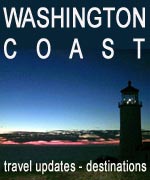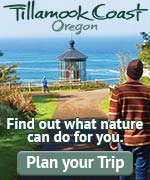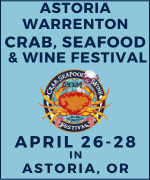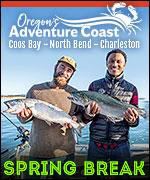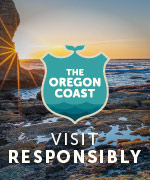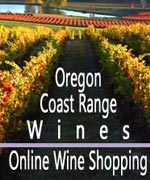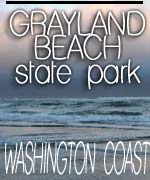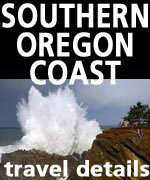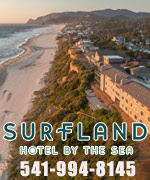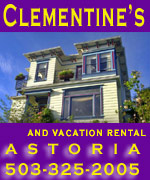Summer Solstice, Longest Day of Year on Washington / Oregon Coast Brings Sunset Science, Parties
Published 06/18/23 at 5:51 p.m.
By Oregon Coast Beach Connection staff
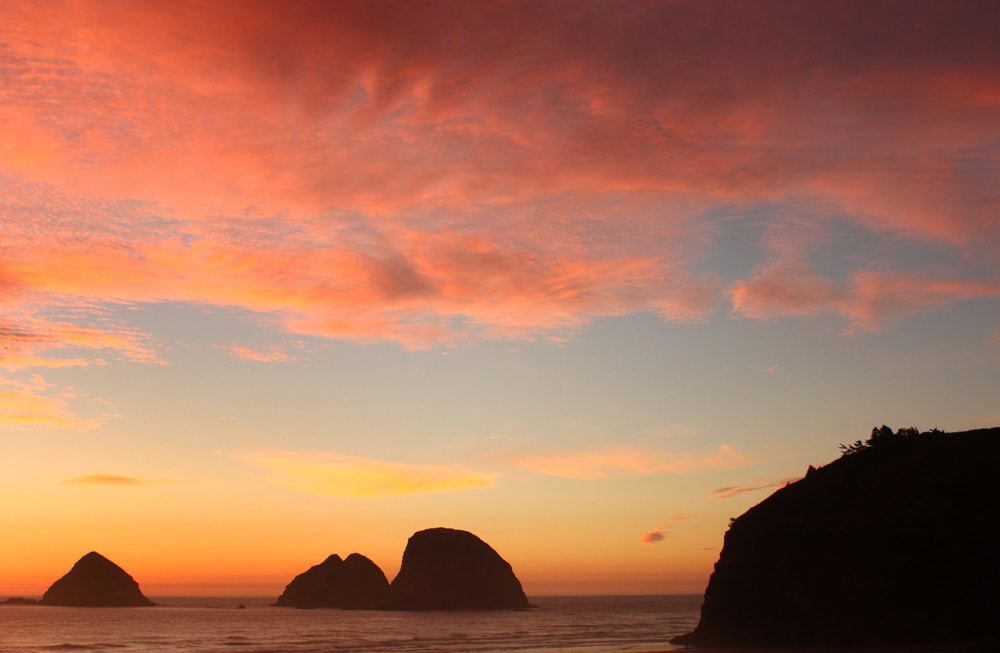
Includes exclusive listings; some specials in winter
In Cannon Beach:
Includes rentals not listed anywhere else
In Manzanita, Wheeler, Rockaway Beach:
Some specials for winter
In Pacific City, Oceanside:
Some specials for winter
In Lincoln City:
Some specials for winter
In Depoe Bay, Gleneden Beach:
Some specials for winter
In Newport:
Look for some specials
In Waldport
Some specials for winter
In Yachats, Florence
Some specials for winter
Southern Oregon Coast Hotels / Lodgings
Reedsport to Brookings, places to stay; winter deals
(Oregon Coast) – Even though it's been here meteorologically for awhile, summer actually, finally and officially comes to the Washington coast and Oregon coast in a few days. Wednesday, June 21 is the official light switch for the season and the longest day of the year. (Above: Oceanside just before blue hour but after the sun has gone down / Oregon Coast Beach Connection)
However, if you want to celebrate with just a few extra minutes of daylight at the end of the day, head to the coasts of Oregon or Washington. Sunset happens four to seven minutes later on the beaches than it does inland – depending on where you are along the Pacific Northwest.
Summer comes officially at 7:57 a.m. in the Pacific zone, according to astronomy expert Jim Todd, with Portland's OMSI. This means a few things in the astronomy world – including some star parties held by OMSI in the Oregon Coast Range and in the Gorge.
“The June solstice is the moment the Sun is directly above the Tropic of Cancer in the Northern Hemisphere,” Todd said. “This is the northernmost latitude it reaches during the year. After the solstice, it begins moving south again.”
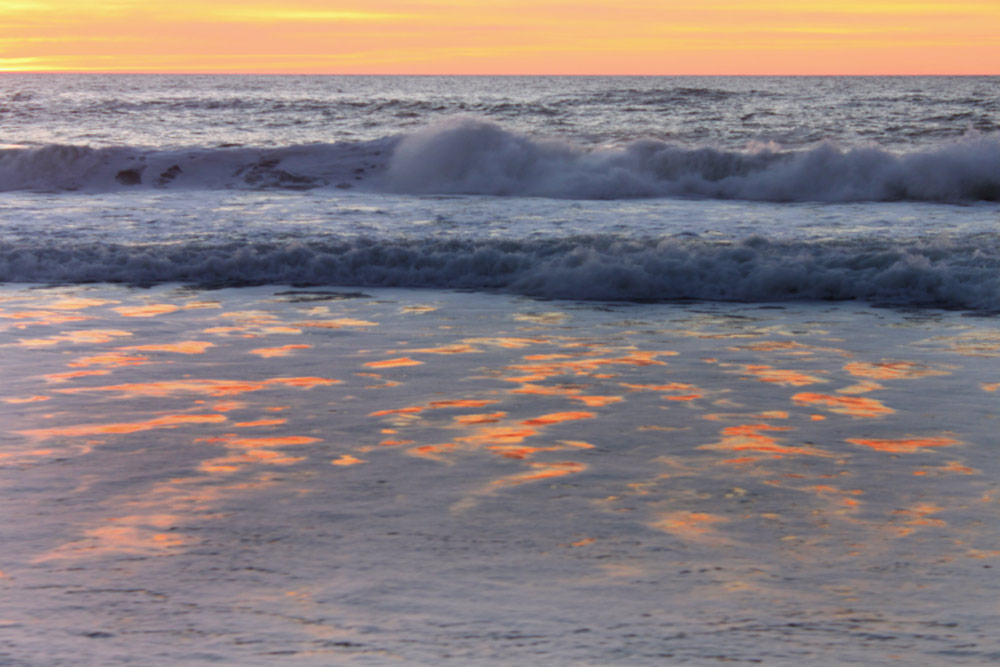
Shimmering sunset waves at Gleneden Beach / Oregon Coast Beach Connection
For example, Todd said that looking from Portland (at 45N), June 21 will have the noon sun reach the highest point in the sky, close to 68 degrees on the horizon.
This will give the Pacific Northwest about 15 hours and 41 minutes of daylight. Todd said in Portland, sunrise is at 5:21 a.m. while sunset is at 9:03 p.m.
“From the June solstice to the September equinox, we will have nearly 93.6 days of summer days. Compared to just under 9 hours of daylight on the Winter Solstice with the sun at its lowest point near 21 degrees,” he said.
June solstice is also the only day where all parts of the Arctic Circle see a constant daylight – 24 hours of it.
Luckily, down here on the Washington coast and Oregon coast, spots like Westport, Bandon or Newport simply get more daylight. Yet there's some tricks of light happening here. Blue hour lasts a lot longer, and for photographers with higher-end gear and a tripod, if the weather is cooperating you'll be in camera heaven. Taking long exposures of the horizon after the sun has gone down will yield amazing colors that humans cannot see. See the sequence at the bottom of the article.
Sunset for the region happens a few minutes later than inland, but of course sunrise happens later too.
The differences between sundown on the coastline and inland, in places like the I-5 corridor, are an interesting effect. On the Oregon or Washington coast, sunset occurs later than sunset in the valley or places like Seattle, at least on paper. Sunset times are always estimated by a flat plain from which to observe the sun. So technically, Westport in Washington gets sunset about four minutes later than Seattle.
However, these times shift all around the farther north you go or the farther south. Coos Bay, for example, gets sundown just before Portland, but only slightly later than south Oregon spots like Medford. Lincoln City clocks in just a few minutes later than Portland. Inland areas are also greatly affected by the presence of mountain areas like the Coast Range or the West Hills near downtown Portland.
Oregon Coast Beach Connection tested this once in Warrenton, and discovered sunset happened exactly seven minutes later than Portland.
Want more really weird facts about sunsets? Along the Oregon and Washington coastlines, sunset is actually a kind of illusion. This is a strange one to wrap your head around.
To celebrate solstice by dropping a bit of knowledge, OMSI puts together two free Solstice Star Parties, one in the Oregon Coast Range's Stub Stewart State Park and in the Columbia Gorge's Rooster Rock State Park.
Star Parties – put together by OMSI, Rose City Astronomers, and Oregon Parks and Recreation - provide a great opportunity to meet other people that share your interest in astronomy, and to view the planets, moon, stars, and other celestial sights through telescopes and binoculars of all sizes.
"From beginners to experts, all ages are invited," Todd said.
The event starts at sunset and is free with $5 parking per vehicle at Rooster and Stub. Warm clothing and a flashlight with red light are recommended. Personal telescopes and binoculars are welcome.
You'll want to check the links just before the events in case of weather cancellations.
https://omsi.edu/events/omsi-star-party-ll-stub-stewart-state-park/
https://omsi.edu/events/omsi-star-party-rooster-rock-state-park/ SEE THE SUNSET COLORS SEQUENCE BELOW
Oregon Coast Hotels for this event - South Coast Hotels - Where to eat - Maps - Virtual Tours
Cannon Beach Lodging
Nehalem Bay Lodgings
Manzanita Hotels, Lodging
Three Capes Lodging
Pacific City Hotels, Lodging
Lincoln City Lodging
Depoe Bay Lodging
Newport Lodging
Waldport Lodging
Yachats Lodging
Oregon Coast Vacation Rentals
Oregon Coast Lodging Specials
Photos below: incredible colors of blue hour you can only see with a camera
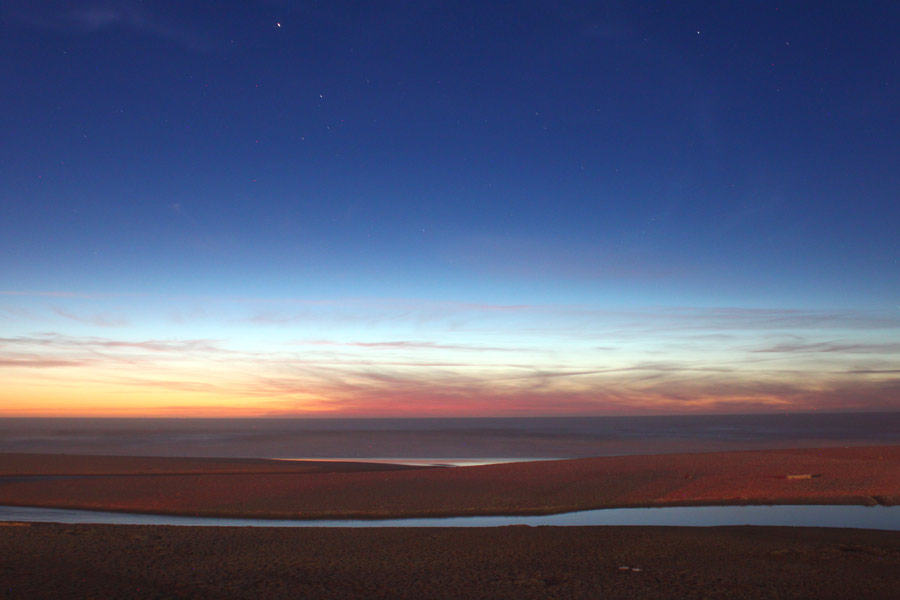
Above: Lincoln City (Oregon Coast Beach Connection). Below: Bandon's China Creek (Courtesy Manuela Durson - see Manuela Durson Fine Arts for more)
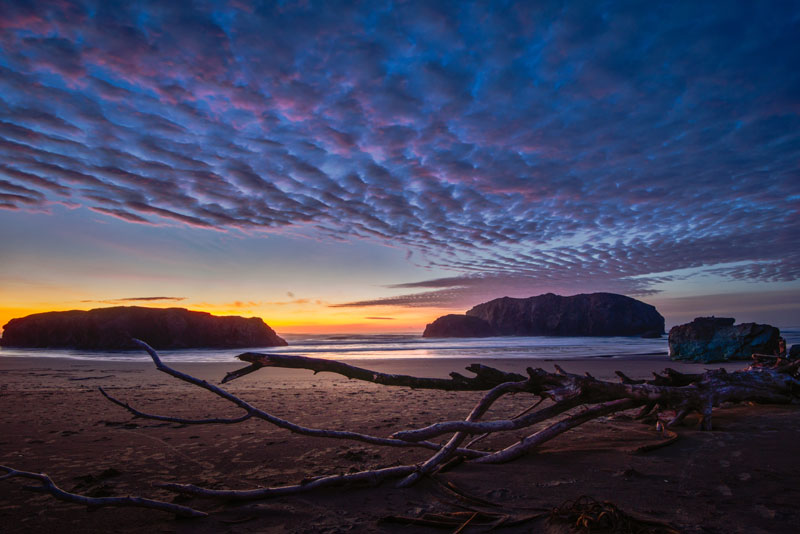
More About Oregon Coast hotels, lodging.....
More About Oregon Coast Restaurants, Dining.....
 Andre' GW Hagestedt is editor, owner and primary photographer / videographer of Oregon Coast Beach Connection, an online publication that sees over 1 million pageviews per month. He is also author of several books about the coast.
Andre' GW Hagestedt is editor, owner and primary photographer / videographer of Oregon Coast Beach Connection, an online publication that sees over 1 million pageviews per month. He is also author of several books about the coast.
LATEST Related Oregon Coast Articles
Some daylight closures include bridges, OR 22, OR 18, OR 26, more. Travel tips. Seaside, Cannon Beach, Lincoln City. Travel tips
Coos Bay in Summer 2025: Includes History Talk, Oregon Coast Music Festival, ...
Coos Museum Tuesday Talk June 3; Oregon Coast Music Festival Bandon to Coos Bay, July 12 to 26; North Bend July Jubilee July 18 - 20. South Coast events
Rugged Central Oregon Coast This Summer: Guided Pontoon Boat, Tidepool and Ca...
Lincoln City events every week: guided boat, tidepools gatherings, tours of Cascade Head. Lincoln City Exploriences. Click for schedule
Road Work Coming to North Oregon Coast's Gearhart and One of World's Largest ...
Lane closures this summer on the bridge; major work in Gearhart next year. Washington coast
Astoria's Riverwalk Gets New Lighting, More N. Oregon Coast Roadwork
Delays coming this summer, but the riverwalk has a new look. Seaside, Cannn Beach
Cool to Kooky Things That Sand Levels Can Do to Oregon Coast in Summer
Sometimes hundreds of feet are added and you can access hidden things. Sciences. Cannon Beach, Arch Cape, Arcadia Beach, Hug Point, Lincoln City, Oceanside, Newport
Update on S. Oregon Coast Closures at Sunset Bay Campground, Shore Acres
What's opening near Coos Bay and what isn't yet: travel, hiking advice. Coos Bay, Charleston
Happily, Camping Reopens at N. Oregon Coast Park as Cape Lookout Work Postponed
Work at the hotspot near Oceanside will begin in summer 2025
Back to Oregon Coast
Contact Advertise on Oregon Coast Beach Connection
All Content, unless otherwise attributed, copyright Oregon Coast Beach Connection. Unauthorized use or publication is not permitted
Keywords: Oregon coast sunset science, Washington coast sunset science, Westport, Bandon, astronomy, summer solstice





